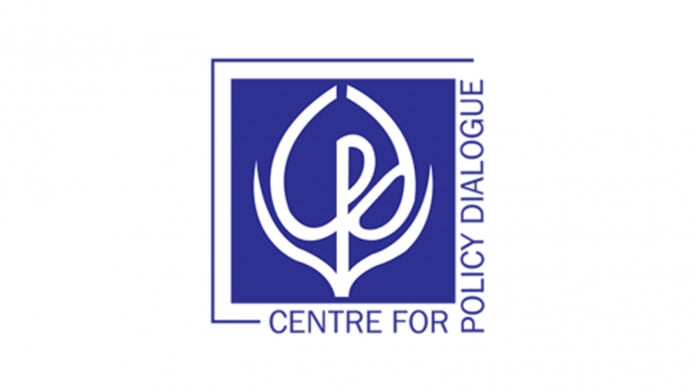
DHAKA, June 30, 2025 (BSS) - The Centre for Policy Dialogue (CPD) has laid emphasis on developing an integrated online platform for all registration and licensing processes to improve the investment facilitation environment for investors.
The private think tank today made the observation at the 3rd Bangladesh-China Renewable Energy Forum titled “Recent Challenges for Chinese Overseas Investment in Bangladesh’s Renewable Energy Sector: Way Forward” at a hotel in the city.
Jalal Ahmed, Chairman, Bangladesh Energy Regulatory Commission, Government of Bangladesh, attended the event as the special guest while Nahian Rahman Rochi, Head of Business Development, Bangladesh Investment Development Authority (BIDA) and Mohammad Alauddin, Rector, Bangladesh Power Management Institute, were present as guests of honour.
Han Kun, President, Chinese Enterprises Association in Bangladesh; Engineer Md Muzibur Rahman, Director, Deputy Secretary, Renewable Energy Development, SREDA; Md. Jahangir Alam Mollah, Director, Power Planning Directorate, BUBO, Dhaka, Bangladesh Power Development Board (BPDB); Mostafa Al Mahmud, President, Bangladesh Sustainable and Renewable Energy Association (BSREA); Wang Weiquan, Deputy Secretary General, Chinese Renewable Energy Industries Association (CREIA); Masudur Rahim, Chief Executive Officer, Omera Renewable Energy Limited; Engr. SK Md. Ruhul Amin, Deputy Managing Director, Chint Solar (Bangladesh) Company Limited and Md Shahidur Rahman, Country Manager, Jinko Solar Bangladesh, delivered comments as distinguished discussants.
Jalal Ahmed said that the government is working to overcome all challenges for achieving the target of 20 percent power generation from the renewable energy as per the Renewable Energy Policy 2025.
“The recommendation from the study of CPD will help us to overcome the challenges and develop the country’s renewable energy sector,” he added.
Nahian Rahman Rochi said BIDA is going to open sector based desk or team to ensure facilitation of investment environment of the country.
“There was no sector based desk or team. We have already selected 19 priority sectors. Renewable energy is one of the top priority sectors. We are going to make dedicated desks for each priority sectors,” he added.
Dr Khondaker Golam Moazzem, Research Director, CPD, and Abrar Ahammed Bhuiyan, Programme Associate of CPD jointly delivered the presentation.
In his keynote presentation, Khandaker Golam Moazzem identified partial digitalisation, complex norms, and lack of coordination among multiple agencies as major barriers discouraging potential investors in the renewable energy sector.
"Some steps are online, but many still require physical visits and paper submissions. Inconsistent digital platforms across agencies cause confusion and prolong the process," he said.
He said multiple licensing requirements—such as trade, TIN, VAT, factory, and environmental clearance certificates—lead to long delays and administrative burdens.
"Limited English-language resources, complex banking regulations, and strict documentation requirements are making the investment process more daunting," he added.
Wang Weiquan said China had established a comprehensive framework that includes sustainable energy development goals supported by national policy.
"Facilitating incentives, fixed tariff structures, total volume purchases, and special fund policies paved the way for investment in China's renewable energy sector. Numerous five-year plans, such as solar and hydrogen policies, gave a positive signal to the market and helped attract investors," Wang said.
Md Shahidur Rahman said countries like India, Brazil, and some in Africa arrange land for establishing solar power plants—something that remains a key obstacle in Bangladesh.
Rahman also highlighted the issue of unauthorized and substandard solar panel imports, which hampers the full potential of solar power generation.
Masudur Rahim said infrastructure development and ease of dividend repatriation are essential for attracting Chinese investors, but the current situation in Bangladesh is not very investor-friendly.